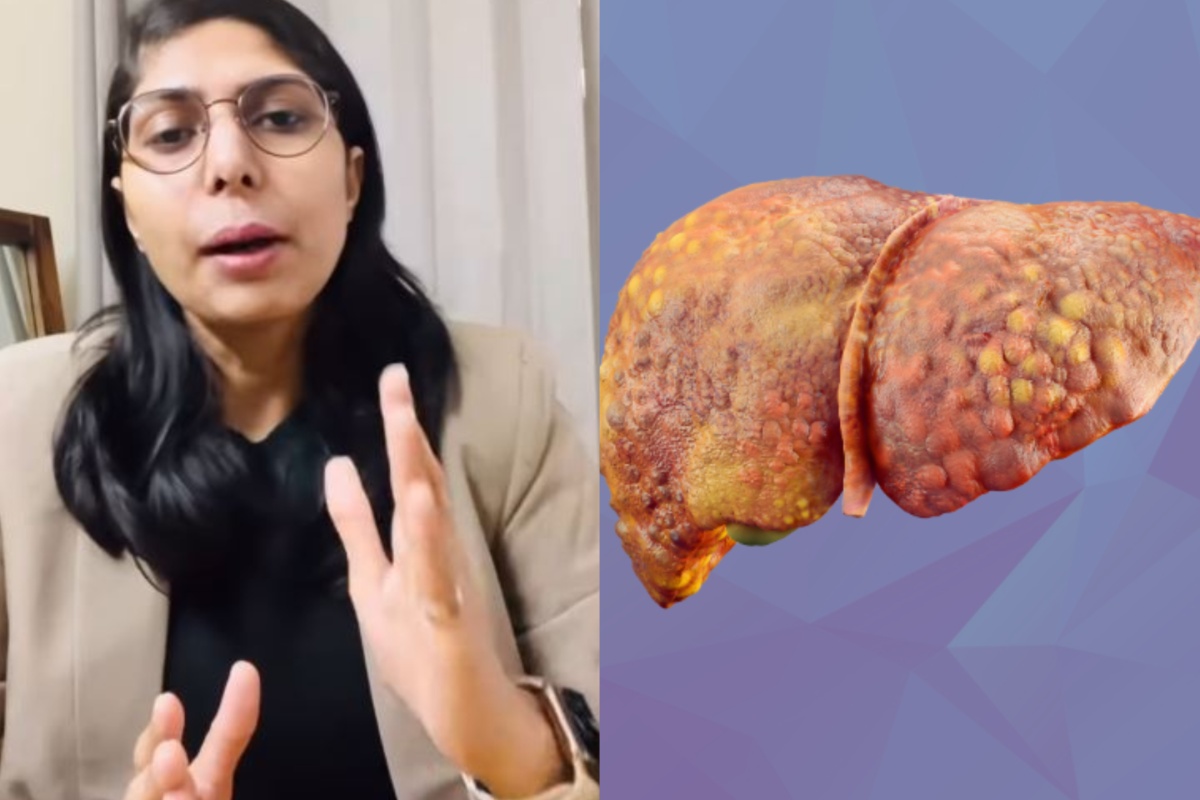Fatty liver is becoming increasingly common, affecting people even without a history of alcohol consumption. Often silent in its early stages, it can quietly damage your liver if not addressed. Knowing the early warning signs, risk factors, and ways to manage it through diet and lifestyle is essential. Dr Priyanka Sehrawat from AIIMS shares some key insights on how to detect and prevent fatty liver.
Understanding Fatty Liver And Its Risk Factors
Many people assume alcohol is the main cause, but Dr Sehrawat explains that several other factors play a role. Conditions like diabetes, high blood pressure, elevated blood sugar, increased triglycerides, high cholesterol, being overweight, abdominal obesity, and excess belly fat all increase the risk of developing fatty liver disease.
Awareness of these risk factors is crucial because even small lifestyle changes can make a significant difference.
Early Signs To Watch Out For
Detecting fatty liver early can help prevent severe liver damage. Dr Sehrawat notes that elevated liver enzymes found during routine blood tests may be one of the first indicators. People might also feel mild discomfort in the right upper part of the abdomen. These subtle signals shouldn’t be ignored, especially if you have other risk factors.
Diet Tips To Manage Fatty Liver
A balanced diet is a powerful tool in managing fatty liver. Dr Sehrawat recommends increasing fiber-rich foods like fruits, vegetables, and whole grains. Drinking 2 to 3 litres of water daily helps flush out toxins and supports liver function.
She advises reducing refined oils, processed foods, and sugary products. Nuts and seeds are especially beneficial, providing fiber, protein and vitamin E. For example, consuming two almonds, two walnuts and five to six pumpkin seeds each morning (soaked or unsoaked) can support liver health.
Importance Of Regular Exercise
Exercise is another key factor in preventing it. Daily physical activity improves oxygen supply, boosts endurance and helps regulate body weight and metabolism. Dr Sehrawat emphasises that even moderate exercise (done consistently) can reduce the risk of liver-related diseases and improve overall well-being.
Fatty liver may start silently, but understanding the warning signs and risk factors can help you act early. By combining a nutritious diet, regular exercise and regular medical check-ups, you can protect your liver and maintain long-term health.
